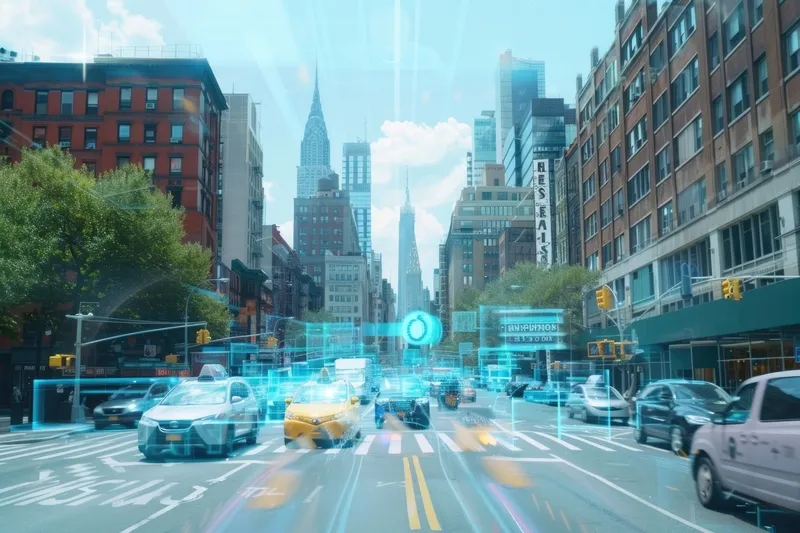The agreement, which has been two years in the making, requires national market surveillance authorities to check 1 in 40,000 vehicles registered in the country the previous year, with at least 20% of tests to be emissions-related.
The
Transport group FIA says greater market surveillance and additional oversight by the EC will act as new checks in the system – although it points out that the revised process “fails to end the direct financial link between testers and vehicle manufacturers”.
However, it believes there will be additional transparency. “European consumers have been let down by the system that was meant to deliver cars that performed as promised in the real world,” says
She added: “We now need to see the Commission come forward with a dedicated legislative proposal to ensure cyber security, data protection and fair competition with accessing vehicle data.”
EU passes testing rules to avoid ‘Dieselgate’ repeat
The European Parliament has rubber-stamped new rules following the Volkswagen emissions scandal which seek in part to increase the quality of testing. The idea of the reforms for the type approval process is to ensure that vehicles act on the road in the way that they have been tested in laboratory conditions.
The agreement, which has been two years in the making, requires national market surveillance authorities to check 1 in 40,000 vehicles registered in the country the previous year, with at least 20% o
April 24, 2018
Read time: 2 mins
The European Parliament has rubber-stamped new rules following the 994 Volkswagen emissions scandal which seek in part to increase the quality of testing. The idea of the reforms for the type approval process is to ensure that vehicles act on the road in the way that they have been tested in laboratory conditions.










